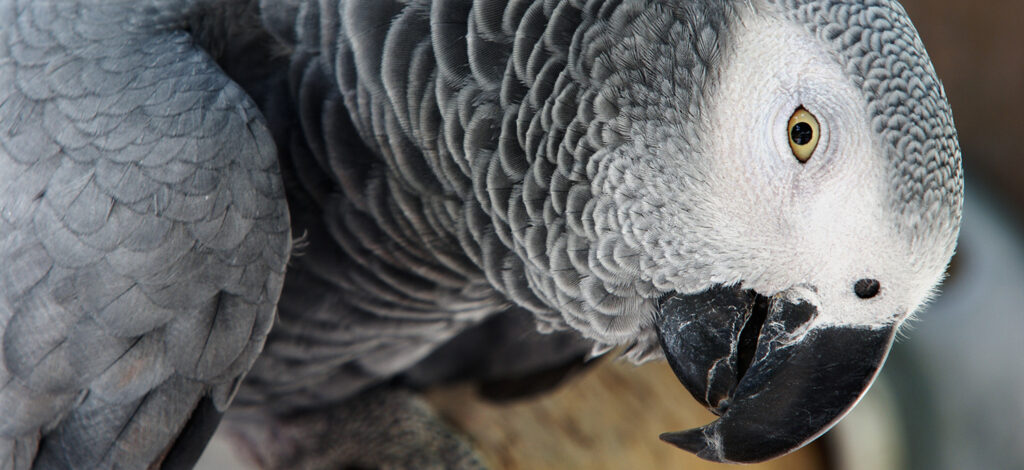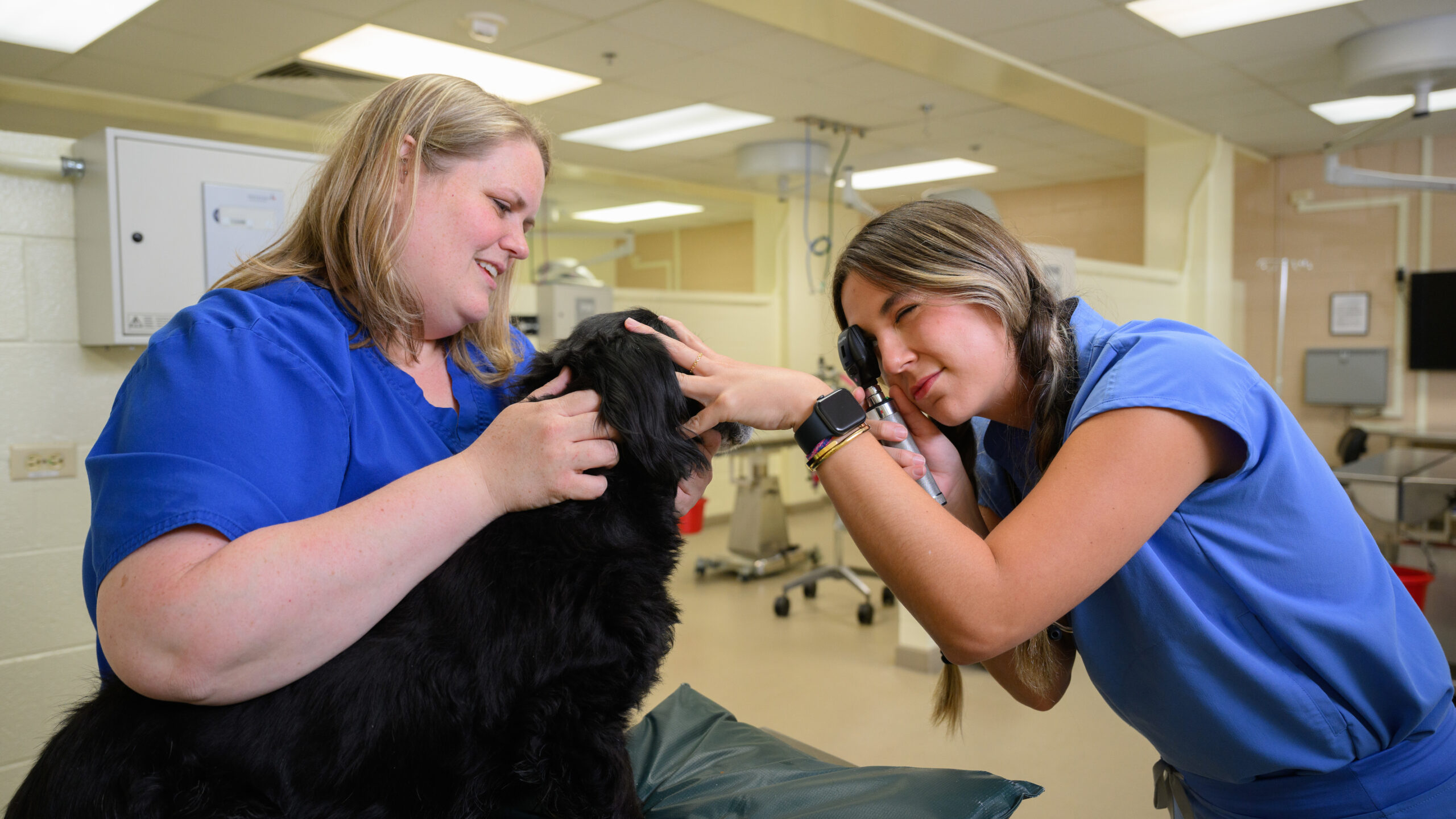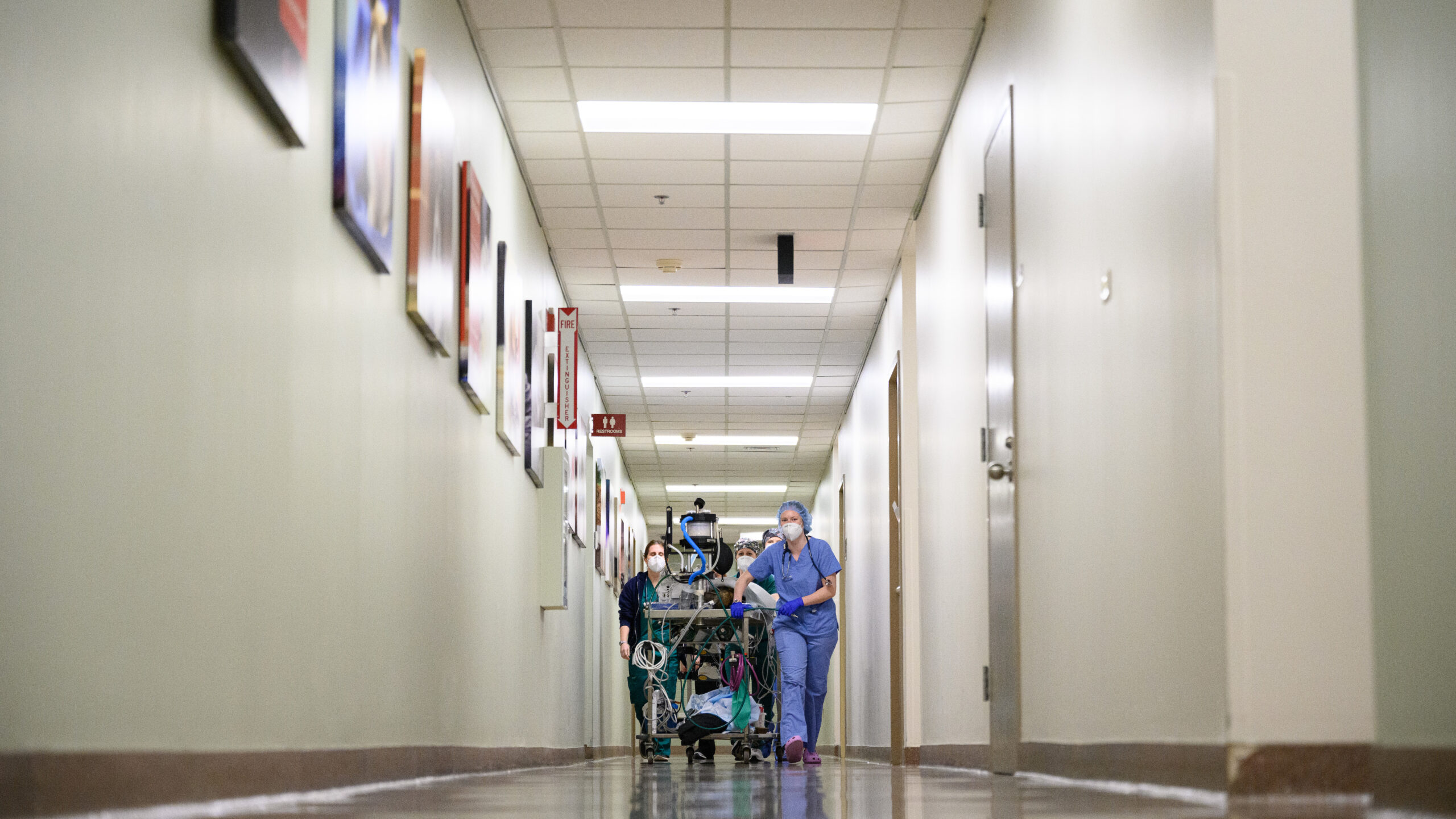Exotics: Avian
We see all pet birds including parrots, songbirds, backyard poultry, and raptors used for falconry.

Depending on why your bird came in, and what we find during our physical exam, we may recommend a variety of diagnostic tests. These tests are designed to help diagnose your bird, as well to screen your bird for illnesses that may be detrimental to your bird, you, or other animals in the house.
Contact Us
- Hours: Monday through Friday, 8 a.m to 5 p.m
- Phone: 919-513-6999
- Email: NCStateExotics@ncsu.edu
Tests
Here are some tests that we offer for your bird’s health and now they help us keep your bird well:
Bloodwork: Routine bloodwork usually consists of a complete blood count (CBC) and a biochemistry panel. This gives us a great deal of information about your bird. The CBC allows us to look for signs of infection and inflammation, as well as for anemia. The biochemistry panel allows us to evaluate kidney and liver function, protein levels, and muscle damage.
Radiographs: We often recommend taking x-rays of our bird patients. This allows us to see bones, the respiratory system, the heart, the liver, the gastrointestinal tract, the spleen, the kidneys, and the reproductive tract. We can gather a lot of information about these body systems by examining an x-ray, such as whether or not there are any changes in size and position of organs, and the presence of ingested metal fragments.
Infectious disease testing: Birds can be exposed to diseases in many different ways. Birds from pet stores or fairs, and birds that regularly contact other birds may be more likely to acquire infectious diseases, such as certain bacterial diseases, Chlamydophila (“Psittacosis”), Psittacine Beak and Feather Disease, Herpes virus (“Pachecos” disease), Polyomavirus, and Proventricular Dilatation Disease (“PDD”, or “Macaw Wasting Disease”). We can discuss the various diagnostic options for these diseases if we are concerned that your bird may be infected or exposed.
Heavy metal testing: Often, birds are exposed to heavy metals that the owner is unaware of, such as lead or zinc. We can test for exposure to these metals to help diagnose your bird’s illness.
Cultures: We can get samples from your bird for culture, such as cloacal culture or choanal culture to help diagnose specific types of bacterial infections, and which types of antibiotics should be most effective.
Poultry Mobile Service
The NC State poultry mobile service allows individual health assessment and treatment as well as evaluation of the flock and the environment, right where birds live. Our team offers a thorough review and can ask as many questions as needed.
We provide behavioral counseling (eg. Cannibalism) and consultations on nutrition and production. We also evaluate best farm practices and provide disease prevention guidelines for the specific farm.


